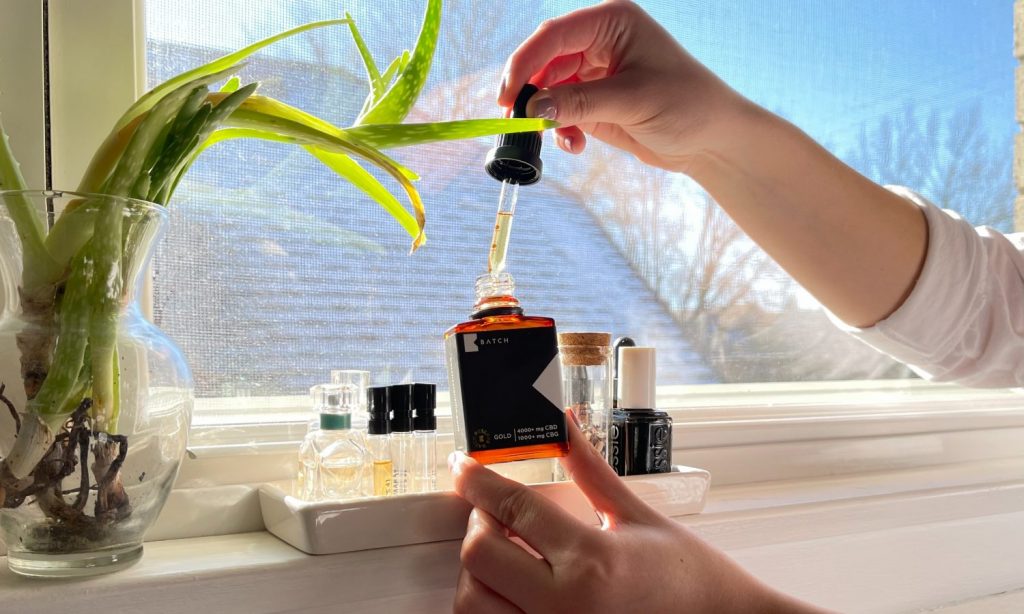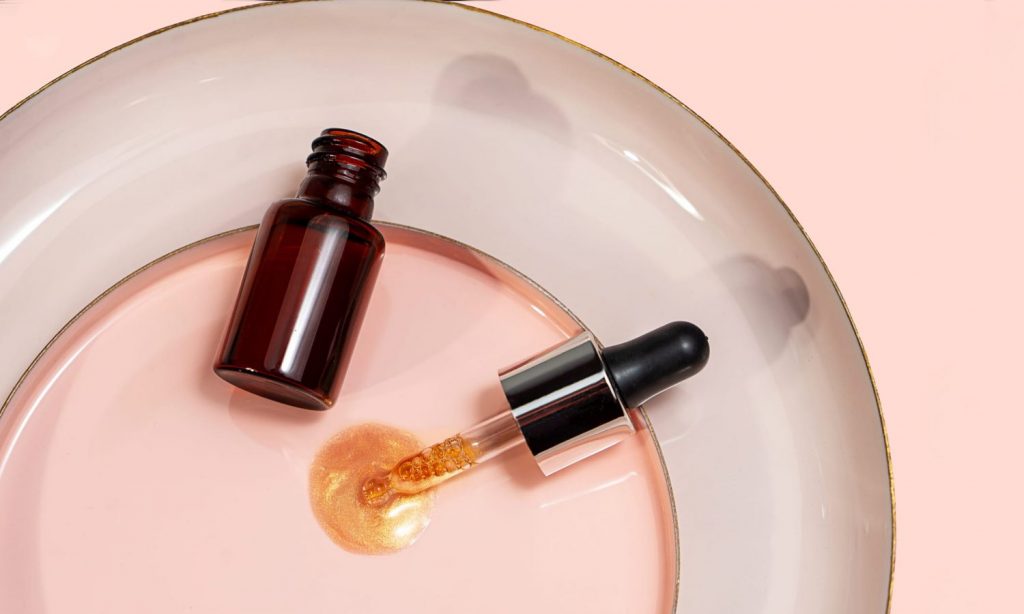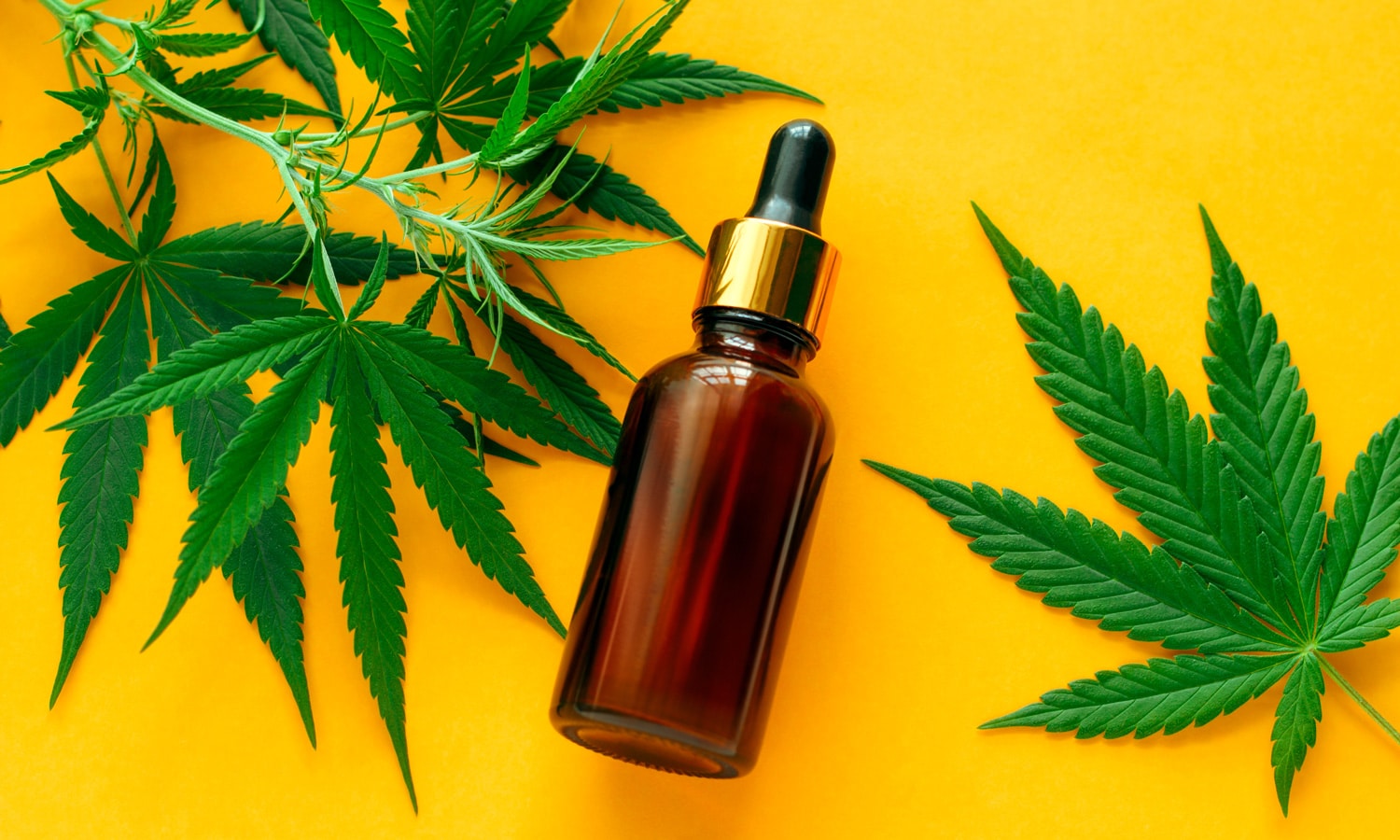By failing to implement meaningful reforms surrounding CBD products, the FDA has created the very problem it’s pointing to: the proliferation of improperly labeled and unsafe products.
Last week, the Food and Drug Administration (the “FDA”) maintained its strict and narrow position on the legality of cannabidiol (“CBD”) by rejecting two new dietary ingredient (“NDI”) notifications submitted by Charlotte’s Web and Irwin Naturals. Both companies sought agency clearance to market their full-spectrum hemp extract as “dietary supplements.”
In its letters to these two major brands, the FDA pointed to two main reasons for its rejection:
- Drug Exclusion Rule: Because CBD is an active ingredient in an approved pharmaceutical drug (e., Epidiolex), CBD is excluded from the definition of “dietary supplement” under the Federal Food, Drug and Cosmetic Act (the “FDCA”); and thus, cannot also be marketed as a dietary supplement.
- Insufficient Data: The FDA raised safety concerns about the sufficiency of the evidence provided by both companies. The agency specifically pointed out to: (a) the “vagueness” of the preclinical and clinical studies provided, which it deemed failed to adequately compare the history of use to the proposed conditions of use for the companies’ hemp extracts; and (b) the failure to sufficiently address certain toxicity endpoints, including reproductive toxicity.

The FDA’s conclusions are disappointing because both companies:
- Addressed the distinction between a full-spectrum products like their extracts from CBD isolate, which is the substance contained in Epidiolex.
- Provided ample evidence, including published peer-reviewed toxicology studies and years’ worth of real-world safety evidence, that their products can be marketed in a manner that is reasonably expected to be safe.
The FDA’s objections seem to suggest that the agency is holding hemp-derived CBD companies to a higher standard for NDIs. This dynamic reinforces the need for Congress’ involvement in clearing a legal path for the sale and marketing of hemp-derived CBD products. Legislation like H.R. 841, which would exempt hemp-derived CBD from the Drug Exclusion Rule, would also play a critical role in advancing the body of data needed to support a successful NDI for these products.
RELATED: Congress Takes Issue With The (Awful) DEA Hemp Rule
As was suggested by several stakeholders, the FDA’s objection to Charlotte’s Web and Irwin Naturals’ NDI notifications reveals, once again, that the agency is not intending to create a regulated market for CBD products. Moreover, in rejecting these two reputable companies’ NDI notifications, the FDA is disincentivizing the industry from seeking compliance and submitting their own NDI notifications.

Ironically, by delaying its rule-making process and by failing to implement meaningful reforms surrounding CBD products, the FDA has created the very problem it is pointing to when justifying its position: the proliferation of improperly labeled and unsafe products.
The FDA’s continued reluctance to carving a legitimate legal pathway for CBD products is not tenable. By failing to expeditiously serve its administrative functions, the FDA is further denying the CBD industry the ability to succeed and is jeopardizing the very task with which the agency is responsible: to protect public health and safety.
is an attorney at Harris Bricken. This article was originally published on the Canna Law Blog and is reposted with permission.


